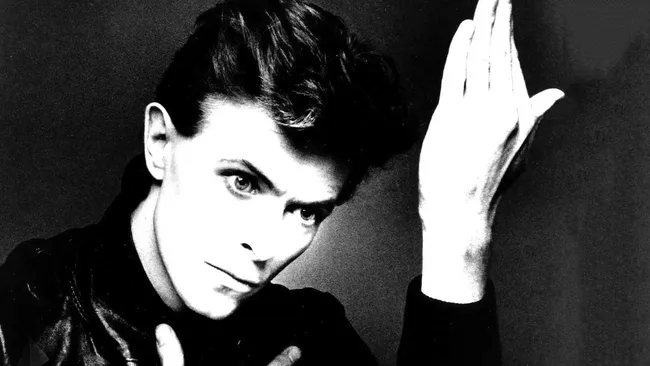In an exciting turn of events for music fans worldwide, the musicians who played pivotal roles in the creation of David Bowie’s iconic Berlin Trilogy have announced that they will reunite for a European tour in 2025. This collaboration marks the first time in decades that these legendary musicians—Tony Visconti, Brian Eno, and the remaining members of Bowie’s Berlin-era band—will come together to perform live. The tour is expected to honor the groundbreaking albums Low, “Heroes”, and Lodger, collectively known as the Berlin Trilogy, which have left an indelible mark on both the world of rock and electronic music.
The Berlin Trilogy: A Brief History
Released between 1977 and 1979, Low, “Heroes”, and Lodger were experimental albums that signified a massive departure from Bowie’s earlier glam rock and soul-inspired work. The records were born out of a tumultuous period in Bowie’s life, when he had relocated to West Berlin to escape the pressures of fame and his struggles with addiction. At this time, Bowie immersed himself in the avant-garde music scene, working with Brian Eno, a pioneering figure in electronic music, and Tony Visconti, his long-time collaborator and producer. These collaborations resulted in a series of albums that pushed the boundaries of popular music, blending rock, electronic, ambient, and classical influences into something entirely new and daring.
Low (1977) marked the beginning of this new era in Bowie’s career. It combined rock instrumentation with experimental electronic sounds, eschewing traditional song structures and introducing ambient music elements that would influence many artists in the years to come. The album received critical acclaim and is often hailed as one of the most innovative records of the 1970s.
The follow-up album, “Heroes” (1977), continued the journey into electronic textures and experimental sounds. The title track, “Heroes,” would become one of Bowie’s most iconic songs, symbolizing both personal and political resilience. With “Heroes”, Bowie continued to refine his collaboration with Eno, experimenting with new studio techniques and unconventional approaches to music production.
Finally, Lodger (1979) concluded the Berlin Trilogy and further expanded on the themes of alienation and innovation. Though not as universally revered as Low or “Heroes”, Lodger still demonstrated Bowie’s continued exploration of new musical terrain, incorporating world music influences and dissonant structures. These three albums formed a cohesive body of work that has since been hailed as a defining moment in Bowie’s career and a milestone in the history of popular music.
The Musicians Behind the Trilogy
While David Bowie remains the central figure of the Berlin Trilogy, the contributions of the musicians who worked with him during this period cannot be overstated. Brian Eno, who had previously made a name for himself with Roxy Music and as a solo artist, was brought in to help Bowie explore new sonic landscapes. Eno’s work as a producer and electronic musician played a crucial role in shaping the experimental sound that defined the Berlin Trilogy. His mastery of synthesizers, tape loops, and unconventional production techniques gave the albums an otherworldly, futuristic feel that still resonates today.
Tony Visconti, the legendary producer who had worked with Bowie on albums like Space Oddity and The Man Who Sold the World, was also instrumental in the production of the Berlin Trilogy. Visconti’s deep understanding of both Bowie’s artistic vision and his technical prowess made him a key partner in shaping the sound of these albums. Visconti was known for his ability to combine traditional rock sensibilities with the emerging electronic sounds of the time, creating a unique and timeless atmosphere on the records.
In addition to Eno and Visconti, the Berlin Trilogy era also featured a talented group of musicians who contributed to the albums. Notably, drummer Dennis Davis, guitarist Carlos Alomar, and bassist George Murray formed the core of Bowie’s live band during this period. The group’s synergy on the albums allowed them to experiment with new forms of rhythm and texture, helping to create the unique sound that has since become synonymous with Bowie’s Berlin years.
The Reunion: A Celebration of Music and Legacy
The announcement of the Berlin Trilogy musicians reuniting for a European tour is a cause for celebration for fans of Bowie’s music and the innovative era that the Berlin Trilogy represents. The tour, which is set to take place in 2025, will feature the surviving members of Bowie’s Berlin-era band, as well as Tony Visconti and Brian Eno. The performances are expected to revisit the landmark albums in their entirety, allowing fans to experience the magic of these groundbreaking records live for the first time in decades.

